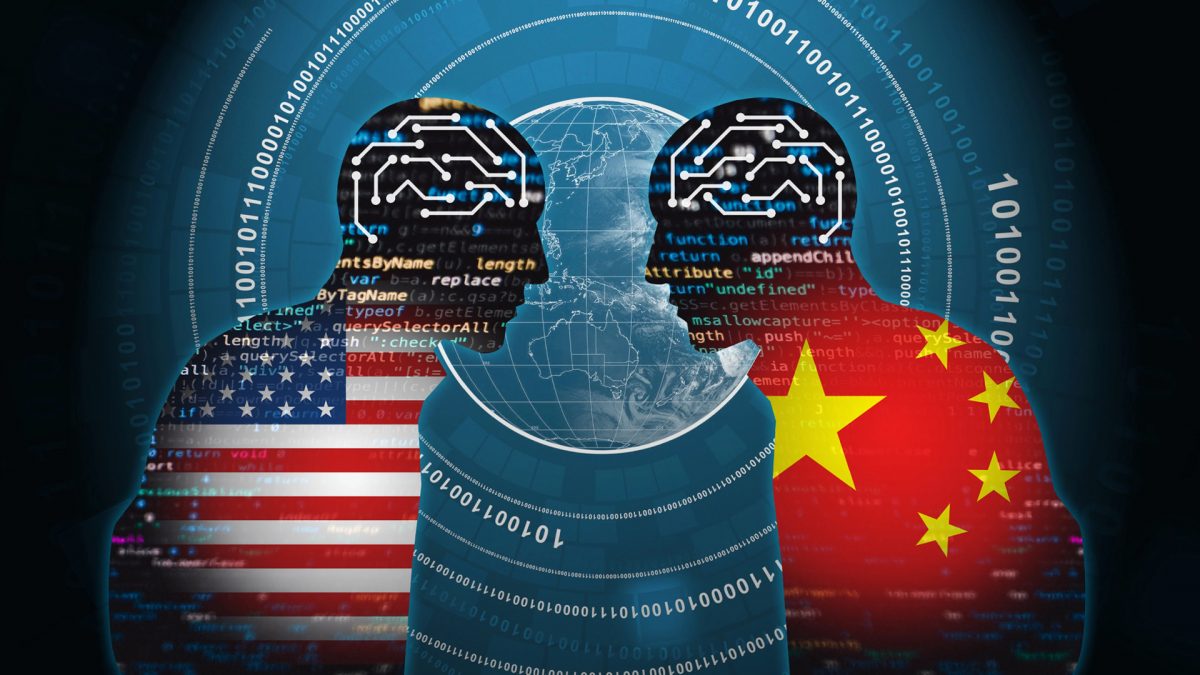The resolution encourages countries, particularly developing ones, to strengthen their AI capacity, enhance their representation in global AI governance, and support an open, fair, and non-discriminatory business environment, with the UN in a central role read more
)
The goal of the resolution is to bridge the digital divide, improve global AI governance, and accelerate the implementation of the 2030 Agenda for Sustainable Development. Image Credit: Composite image
The 78th session of the UN General Assembly (UNGA) saw the unanimous adoption of a resolution proposed by China, co-sponsored by over 140 countries, aimed at bolstering international cooperation in the field of artificial intelligence (AI). This resolution, titled “Enhancing International Cooperation on Capacity-building of Artificial Intelligence,” emphasizes the development of AI that adheres to human-centred principles, promotes beneficial intelligence, and serves humanity.
The resolution encourages countries, particularly developing ones, to strengthen their AI capacity, enhance their representation in global AI governance, and support an open, fair, and non-discriminatory business environment. It also underscores the central role of the United Nations in fostering international cooperation in AI.
The resolution aims to ensure inclusive, beneficial, and sustainable AI development, contributing to the achievement of the United Nations’ 2030 Agenda for Sustainable Development. China’s permanent representative to the United Nations, Fu Cong, highlighted the significant impact of global AI technology on economic and social development, noting that many countries, especially developing ones, have yet to fully benefit from AI. The digital divide remains a significant challenge, and the resolution seeks to address this by proposing practical measures to enhance AI capacity globally.
Fu stated that the resolution reflects a broad consensus among UN member states on the need for international cooperation in AI capacity building.
The goal is to bridge the digital divide, improve global AI governance, and accelerate the implementation of the 2030 Agenda for Sustainable Development.
The unanimous adoption of the resolution is seen as a testament to the global agreement on enhancing AI governance through dialogue and cooperation, with China playing a leading role.
China aims to use this resolution as a foundation to actively promote its implementation, focusing on human-centred development, equality, mutual benefit, and innovation. The goal is to help developing countries strengthen their AI capacity, promote sustainable development empowered by AI, and enhance global well-being.
A spokesperson for the Chinese permanent mission to the United Nations stated that the resolution received a warm welcome from UN member states, particularly developing countries. They appreciated China’s leadership in promoting global AI cooperation and governance, viewing the resolution as a milestone in bridging the global digital divide and ensuring shared benefits from AI development.
In October 2023, China’s leader announced the Global AI Governance Initiative, providing a framework for global AI development and governance.
This UN resolution aligns with the core principles of the Global AI Governance Initiative and the Global Development Initiative, reflecting the aspirations of UN member states, especially developing countries, and demonstrating strong support for multilateralism and the United Nations.
The resolution represents a significant step towards realizing the concept of a community with a shared future for mankind, as it promotes international cooperation in AI capacity building on the UN platform.

 2 months ago
22
2 months ago
22
)
)
)
)
)
)
)
)
)
)
)
)
)
)
)
)
)
)
)
)
)
)
)
)
 English (US) ·
English (US) ·